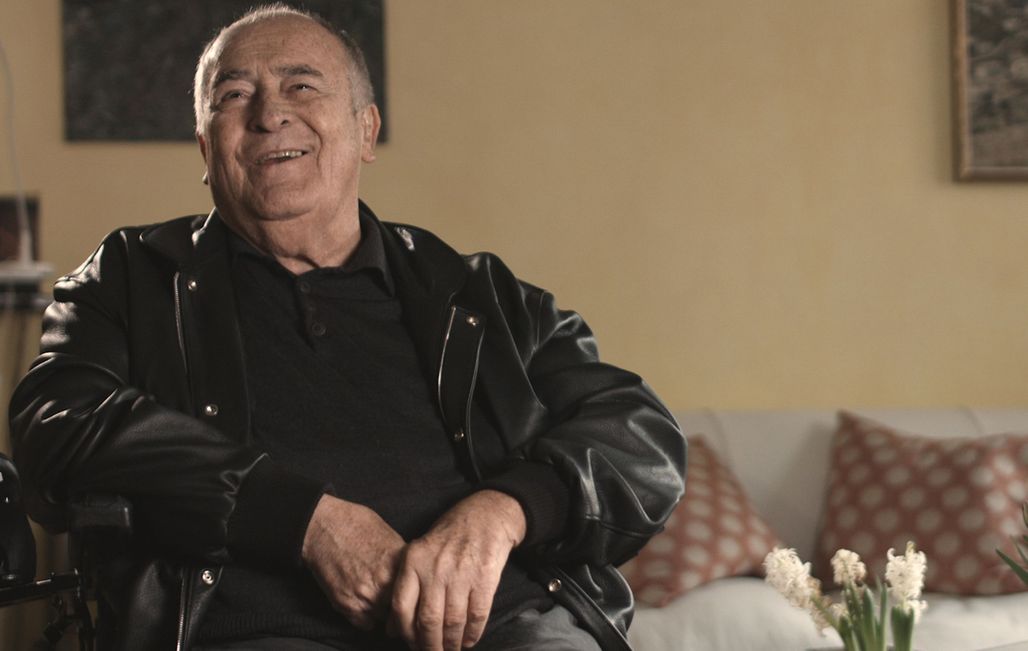
Interview with Mario Sesti : Bernardo Bertolucci in his own eyes

Mario Sesti, the critic and director of the film Cinecittà - I Mestieri del Cinema Bernardo Bertolucci : No End Travelling presented in Cannes Classic, enjoyed a relationship of mutual respect with the great master. Witness this rare testimony of the maker of Ultimo tango a Parigi (Last Tango in Paris) (1972), of The Last Emperor Empereur (1987) and Stealing Beauty (1996)
What inspired you to begin work on this documentary?
I directed more than 10 documentary films, mostly about cinema (two of which were selected for the Festival de Cannes: nothing has given me as much pride as this): for me learning to make films has been about exploring a special way to be film critic. As I say in the film, I was lucky enough to meet Bernardo Bertolucci. several times. Speaking with him about films and directors was a wonderful experience: a real gift. I wanted to make a film about him as a homage to his work and as a memory, which was so important to me that I wanted to preserve it.
What was your relationship with Bernardo Bertolucci?
The film starts by talking about the first meeting with him. I was working as a journalist for an important weekly magazine (“L’Espresso”) and after the interview I had with him about The Sheltering Sky, he called Enzo Siciliano (who was very close to Alberto Moravia, an old friend of his, and who worked as literary critic for “L’Espresso”) asking more information “about that guy who was a real movie buff” and who asked him about the best deserts in films from Greed to Lawrence of Arabia. That guy was me. Since then, as the film curator of Rome Film Festival, I have been so lucky to meet him several times onstage with Patti Smith, Gerard Depardieu, Wim Wenders, Marco Bellocchio, in front of a packed audience.
For you, in what sense did he make history in the industry of cinema?
It's not so easy to think of many other directors who have been able to set new trends in arthouse cinema and, at the same time, to be able to conquer Hollywood and pick up a bunch of Oscars in the process. In a way, this is the Godard’s dream becoming reality (making arthouse film as genre films – or the opposite). As he explains in the conversation in the film, filming, for him, has always been about revealing the hidden within what we call reality: the camera is the key to the door to what our eyes cannot see. He showed us the importance of having faith in the power of cinema, which then enables us to dream about great “big budget” cinema and great “arthouse” films.
How would he react to the screening of the documentary in Cannes, what relationship did he have with the Festival?
Bernardo grew up in Parma, which has a strong relationship with its French heritage and become a total film buff, in love with Godard, Truffaut, Rohmer, as he said in my film – and Cannes was the highpoint of his “French connection”. Of course I love to think that if he were alive he would have loved to be onscreen again at the Festival – even in a film not directed by him. Actually I think that Bernardo has been reincarnated and is still alive in some very young baby who, less than a year old, is already watching films by Godard, Renoir, Ophuls, Rossellini…


